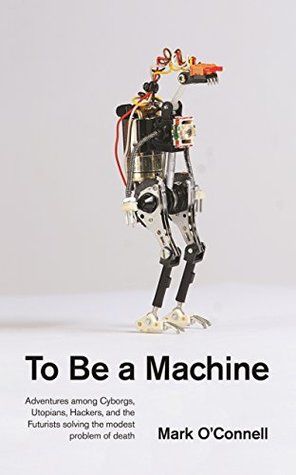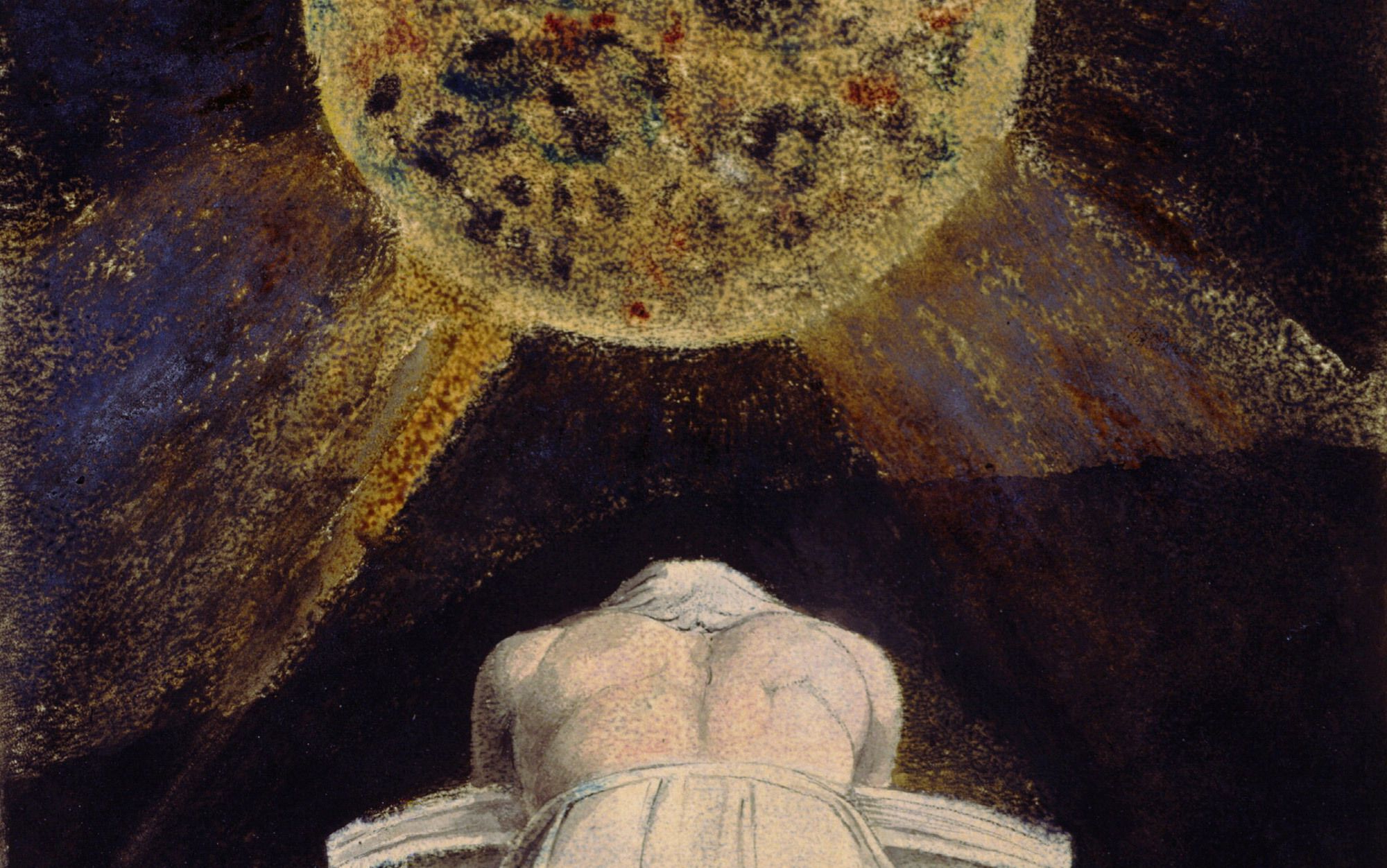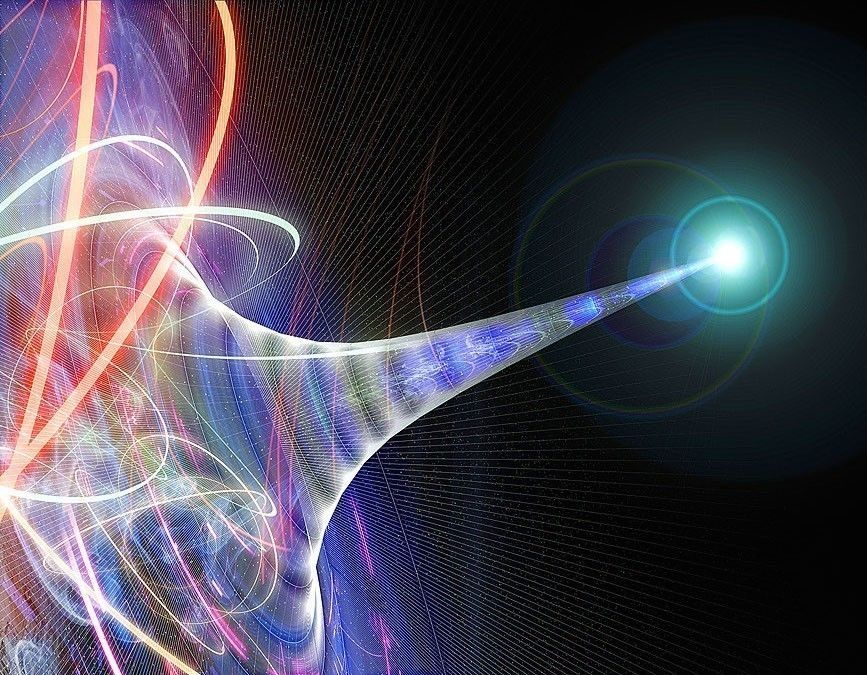New story about the recent book on #transhumanism To Be a Machine:
 For the (very very quickly) upcoming Love & Death Issue, I had the chance to interview the journalist, Mark O’Connell, who is the author most recently of To Be A Machine: Adventures Among Cyborgs, Utopians, Hackers, and the Futurists Solving the Modest Problem of Death. He also wrote that amazing piece in the New York Times Magazine a few months ago about Zoltan Istvan, the transhumanist who ran for president and drove across the country in a coffin-shaped bus. O’Connell’s new book reads like a travelogue among characters like Zoltan, futuristic types (mostly from California) that O’Connell describes with a charming blend of cynicism and aloof interest. Like an agnostic amidst a group of “true believers,” O’Connell is both repelled by and drawn in by the belief system that transhumanism proffers.
For the (very very quickly) upcoming Love & Death Issue, I had the chance to interview the journalist, Mark O’Connell, who is the author most recently of To Be A Machine: Adventures Among Cyborgs, Utopians, Hackers, and the Futurists Solving the Modest Problem of Death. He also wrote that amazing piece in the New York Times Magazine a few months ago about Zoltan Istvan, the transhumanist who ran for president and drove across the country in a coffin-shaped bus. O’Connell’s new book reads like a travelogue among characters like Zoltan, futuristic types (mostly from California) that O’Connell describes with a charming blend of cynicism and aloof interest. Like an agnostic amidst a group of “true believers,” O’Connell is both repelled by and drawn in by the belief system that transhumanism proffers.
If you’re unfamiliar, transhumanism is the movement that asserts an immortal future thanks to technology and science. As O’Connell describes it, it is the technological teleology of salvation: “a projection whereby intelligent life takes over all matter in the universe, leading to a cosmological singularity.” In other words, the computers we’ve built, the science we’re discovering, will free us from our mortal coil, our bodies. We will live eternally in new bodies, machines unconstrained by sickness, vulnerability and death.
You can see how O’Connell hears the religious bells ringing. But he also, throughout the book, describes this paradox: that this futurism is just a new iteration of a very old idea. Despite all the science fiction lingo used to describe this singularity (“longevity escape velocity,” “whole brain emulation,” “cyborgs”), what we really have is the apex of Enlightenment thought, and before that, Gnostic thought. It is the idea that we are liberated by our minds, that certain refinements of knowledge will set us free.
Beneath the talk of future technologies, I could hear the murmur of ancient ideas. We were talking about the transmigration of souls, eternal return, reincarnation. Nothing is ever new. Nothing ever truly dies, but is reborn in a new form, a new language, a new substrate.



